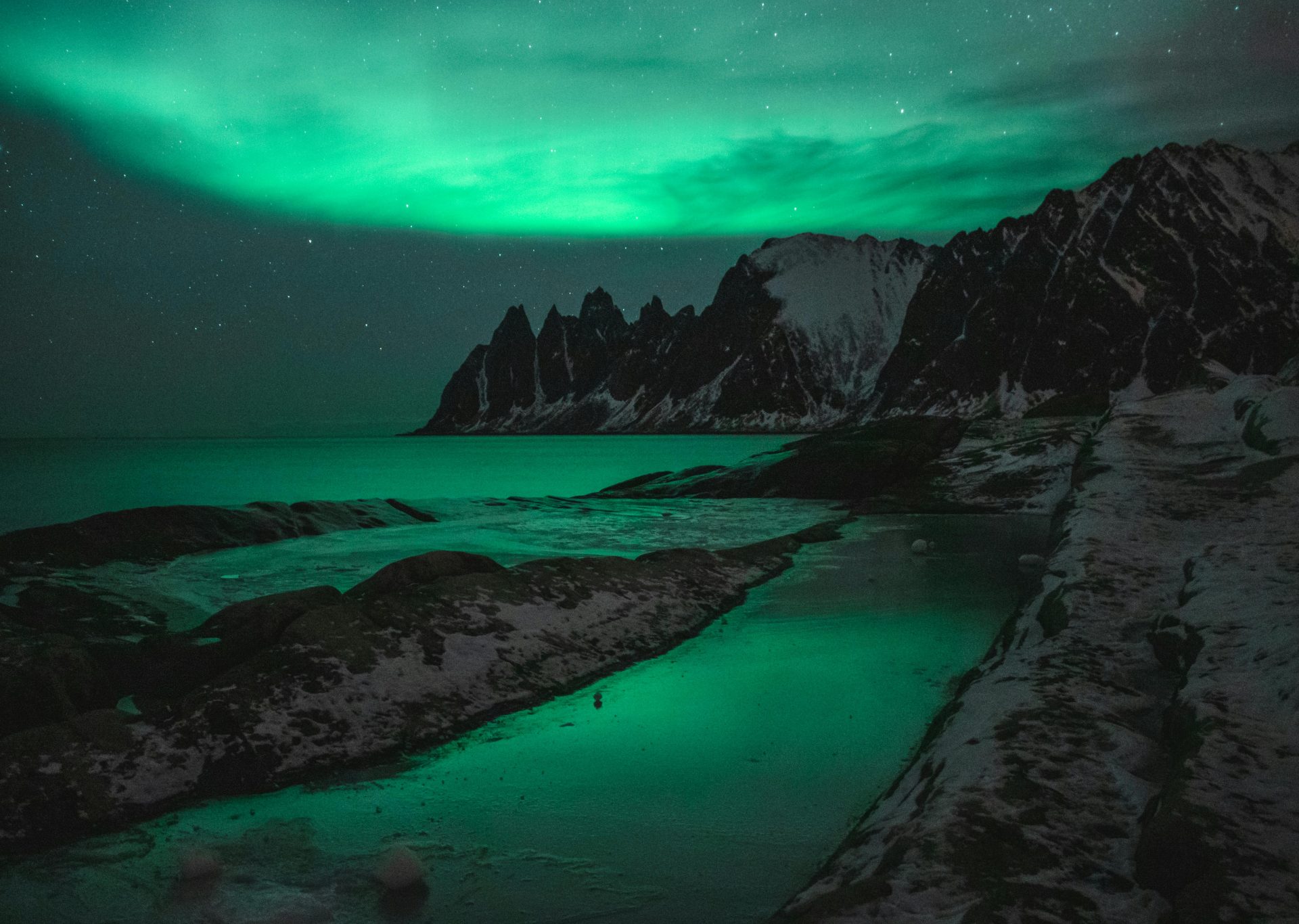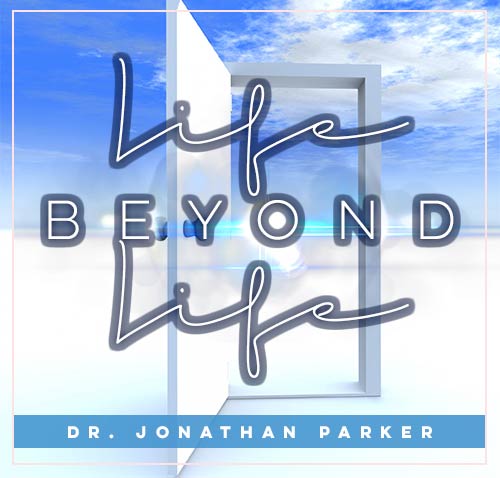Beyond Life and Death: Exploring the Afterlife

Hey there, amazing readers! 🖐️ Just a quick note: yes, we know there are a lot of ads here. Trust us, we get it—it’s not the prettiest look, but they help us keep this blog alive and kicking. Those pesky little ads cover the costs of all the behind-the-scenes magic, from hosting and tech stuff to creating content we hope you’ll love.
We’re committed to delivering quality posts, and your support (even just sticking around despite the ads) means everything to us. So, bear with us, and thanks for helping us keep the good vibes rolling. Now, on to the fun stuff! 😉
TRANSLATE BUTTON AT THE END OF THE ARTICLE
Introduction to the Concept of Afterlife
The concept of an afterlife, or life after death, has captivated human imagination for centuries.
It represents the idea that there is something beyond our earthly existence, a continuation of consciousness or existence in some form after our physical bodies cease to function.
People across cultures, religions, and beliefs have pondered what lies beyond the veil of death, sparking rich narratives, traditions, and practices that seek to understand and make sense of this profound mystery.
The afterlife touches on some of the deepest existential questions that humanity grapples with: What happens when we die?
Is there a soul that transcends the body?
Do we reunite with loved ones in another realm?
These questions drive a quest for meaning and understanding that transcends cultural and religious boundaries, making the exploration of the afterlife a truly universal human endeavor.
Historical Perspectives on Life After Death
Throughout history, various civilizations and cultures have expressed beliefs in an afterlife that reflects their unique worldviews and cosmologies.
Ancient Egyptian culture, for example, placed great importance on the afterlife, with elaborate burial practices and rituals aimed at ensuring a prosperous journey to the next realm.
The Greeks believed in the concept of Hades, a shadowy underworld where souls resided after death.
These historical perspectives offer a window into how different societies have grappled with the mystery of what lies beyond death.
Cultural Beliefs and Practices Surrounding Afterlife
Cultural beliefs surrounding the afterlife vary widely, from concepts of heaven and hell in Christianity to reincarnation in Hinduism and Buddhism.
These beliefs often shape not only religious practices but also societal norms, traditions, and rituals surrounding death and dying.
For example, in some cultures, death is viewed as a natural part of the cycle of life, while in others, it is seen as a transition to another plane of existence.
Understanding these cultural beliefs can offer valuable insights into how different societies make sense of the afterlife.
Scientific and Philosophical Views on the Afterlife
In contrast to religious and cultural beliefs, scientific and philosophical views on the afterlife tend to focus on empirical evidence, rational inquiry, and logical reasoning.
Many philosophers have grappled with questions of consciousness, identity, and the nature of existence beyond death.
From Descartes’ dualism to modern theories of consciousness, the philosophical exploration of the afterlife offers a different lens through which to consider the mysteries of life and death.
Near-Death Experiences: Insights into the Afterlife
Near-death experiences (NDEs) provide a fascinating window into the afterlife, as reported by individuals who have come close to death and returned with profound insights and experiences.
These accounts often include elements such as seeing a bright light, feeling a sense of peace and love, and encountering deceased loved ones.
While skeptics may attribute NDEs to physiological processes in the brain, many find these experiences compelling evidence of an afterlife that transcends our earthly existence.
Religious Interpretations of the Afterlife
Religions around the world offer diverse interpretations of the afterlife, from the Christian concepts of heaven and hell to the Buddhist notion of reincarnation and the Hindu belief in karma.
These religious teachings often serve to provide comfort, moral guidance, and a sense of purpose to believers, shaping their understanding of life, death, and what lies beyond.
The rich tapestry of religious beliefs surrounding the afterlife reflects the diversity and complexity of human thought on this profound subject.
Common Themes Across Different Afterlife Beliefs
Despite the wide variety of afterlife beliefs across cultures and religions, there are common themes that run through many of these traditions.
Concepts such as judgment, purification, reunion with loved ones, and the idea of a spiritual realm beyond the physical world are recurring motifs in afterlife narratives.
These shared themes speak to the universal human desire to find meaning, connection, and hope in the face of mortality.
The Role of Afterlife in Coping with Grief
Beliefs in an afterlife often play a significant role in how individuals cope with the loss of loved ones and navigate the complex emotions of grief.
The idea that a deceased loved one has transitioned to a better place or continues to exist in some form can provide comfort, solace, and a sense of continuity in the face of loss.
Rituals, ceremonies, and practices surrounding death and mourning are often imbued with afterlife beliefs, offering a framework for processing grief and finding meaning in the midst of sorrow.
Impact of Afterlife Beliefs on End-of-Life Care
Afterlife beliefs can also influence the way individuals approach end-of-life care, decisions, and planning.
For some, the assurance of an afterlife can alleviate fears of death and dying, allowing for a more peaceful transition.
Religious beliefs may shape preferences for medical treatments, funeral arrangements, and ethical considerations at the end of life.
Understanding and respecting these beliefs is crucial for providing compassionate and culturally sensitive care to individuals facing the end of life.
Exploring the Possibility of Reincarnation
The concept of reincarnation, found in many Eastern religions and spiritual traditions, posits that the soul undergoes a cycle of rebirth and renewal through multiple lifetimes.
Ideas of karma, spiritual evolution, and learning lessons from past lives are central to the belief in reincarnation.
While the idea of reincarnation may seem fantastical to some, many proponents find solace in the idea that life is a continuous journey of growth, transformation, and self-discovery across multiple incarnations.
Skepticism and Debunking Myths About Afterlife
Despite the enduring appeal of afterlife beliefs, skepticism and rational inquiry have also cast doubt on the existence of an afterlife beyond death.
Critics point to lack of empirical evidence, inconsistencies in religious teachings, and the potential for wishful thinking and cognitive biases in shaping beliefs about the afterlife.
While skepticism is a healthy part of intellectual inquiry, it is essential to approach these debates with an open mind and a willingness to engage with diverse perspectives on this complex and multifaceted topic.
Conclusion
In conclusion, the exploration of the afterlife is a profound and multifaceted endeavor that touches on some of the deepest questions about existence, consciousness, and the nature of reality.
From historical perspectives and cultural beliefs to scientific inquiry and religious teachings, the afterlife remains a mystery that continues to captivate and inspire humans across time and space.
Whether through near-death experiences, religious interpretations, or philosophical musings, the afterlife offers a glimpse into the vast unknown that lies beyond the threshold of death.
Ultimately, the mystery of life beyond death invites us to contemplate our place in the cosmos, our connections to others, and the enduring quest for meaning and transcendence in the face of mortality.

The Enlightenment Journey is a remarkable collection of writings authored by a distinguished group of experts in the fields of spirituality, new age, and esoteric knowledge.
This anthology features a diverse assembly of well-experienced authors who bring their profound insights and credible perspectives to the forefront.
Each contributor possesses a wealth of knowledge and wisdom, making them authorities in their respective domains.
Together, they offer readers a transformative journey into the realms of spiritual growth, self-discovery, and esoteric enlightenment.
The Enlightenment Journey is a testament to the collective expertise of these luminaries, providing readers with a rich tapestry of ideas and information to illuminate their spiritual path.
Our Diverse Expertise 🌟
While our primary focus is on spirituality and esotericism, we are equally passionate about exploring a wide range of other topics and niches 🌍📚. Our experienced team is dedicated to delivering high-quality, informative content across various subjects ✨.
To ensure we provide the most accurate and valuable insights, we collaborate with trusted experts in their respective domains 🧑🏫👩🏫. This allows us to offer well-rounded perspectives and knowledge to our readers.
Our blog originally focused on spirituality and metaphysics, but we’ve since expanded to cover a wide range of niches. Don’t worry—we continue to publish a lot of articles on spirituality! Frequently visit our blog to explore our diverse content and stay tuned for more insightful reads.





















